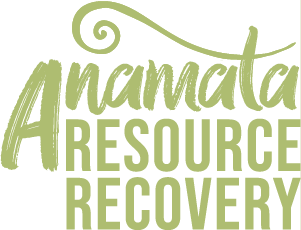Living Lightly Featuring Ted Scott
We are thrilled to bring you the next edition featuring Ted & Anne Scott of Schooner Bay. We had the privilege of discovering all of their toys, tools, and dwellings to gain an understanding of how they have built their property on a “zero budget”
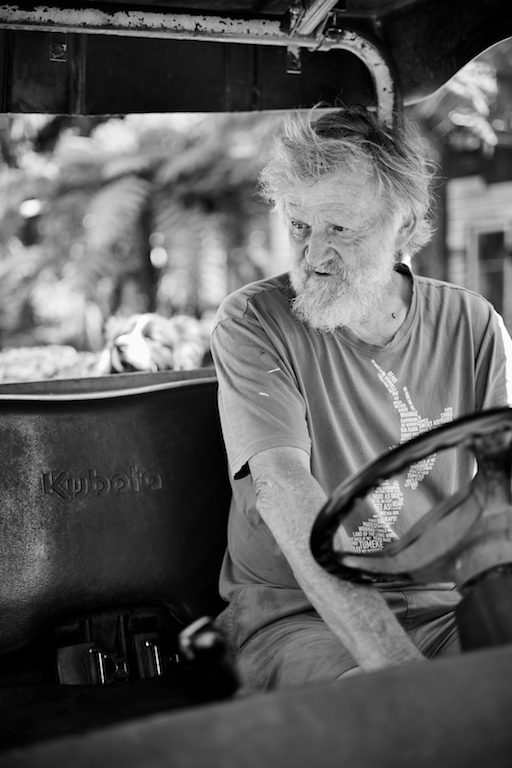
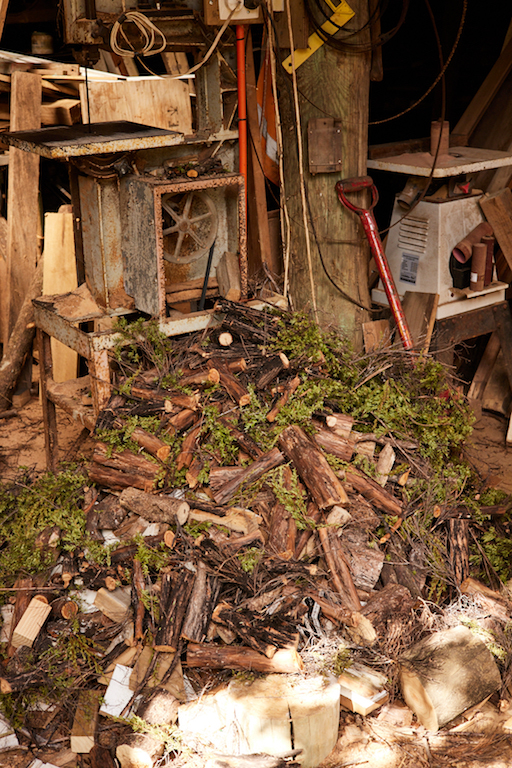
How long have you lived on Aotea? 38 years
Are you originally from the island? If not, how did you end up here?
I first visited in 1967 when I was in the Navy, but we bought the property in 1982 and Anne and I moved here officially in 1984.
When and how did your zero / minimum waste journey begin?
As a lot of the longtime resident’s stories go, when we first moved here it was a necessity to live that way. Sourcing materials and starting from scratch required ingenuity, scoring secondhand treasures, and thinking outside the box.
But initially this way of life started for me when I was 5 or 6. After World War II it was very difficult in New Zealand. I built a house with my Dad out of recycled timber and my job was straightening nails. After that, I thought that nails came bent! I have continued building this way, from recycled materials, to this day.
Tell us about some of the things you do that help to reduce waste, resource consumption, and sustainable living.
80% of everything built on this property is made from recycled materials. I live by a “Zero Budget” rule. Meaning you start with no budget, except of course for the land purchase price. That way you start looking at alternatives and recycled materials. Anything is possible and you get to figure out how to do it, how to build it. Anamata is a great resource for this, a zero budget entity for projects. I would love to get more people onto the Zero Budget movement.
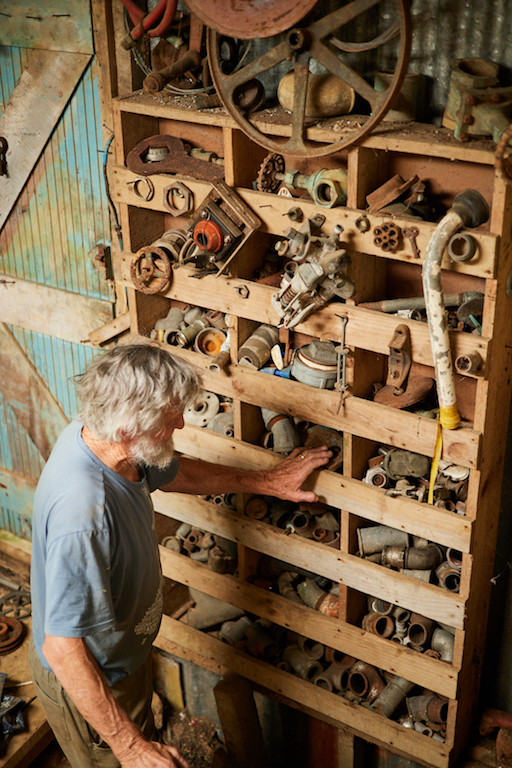
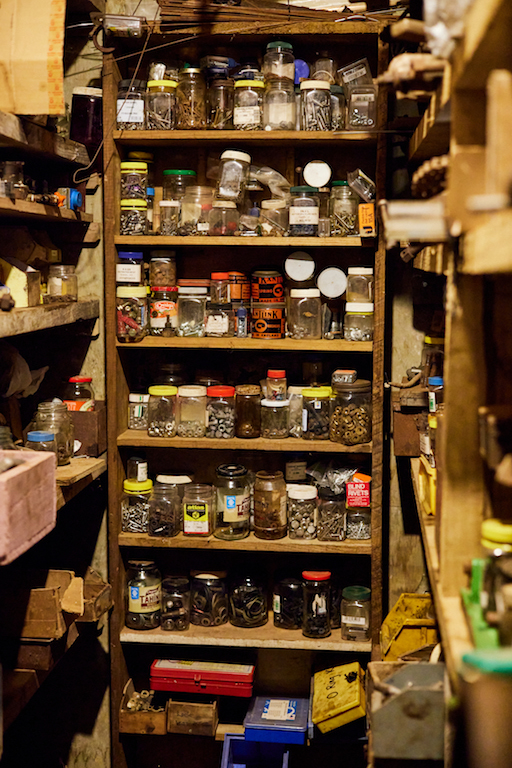
What motivates you about this lifestyle? Why is this important for you, your family and your home – specifically?
It’s hard work, but it’s good for you. I love building houses from recycled materials and the process of salvaging everything.
Food waste is a large contributor to our waste-cycle island and country-wide. What is your policy / best practice to minimise food waste?
We have virtually no food “waste”, actually virtually no waste in general. We find a second use for everything, or keep it until a use arises for us or someone else. (I can attest to that after seeing their property discovering that Ted could easily open up his own hardware store tomorrow.) We compost, collect seaweed, and buy in bulk when grocery shopping.
What are some of your best min waste / up-cycling tips?
Learn the skill. Knowledge is the best base, recycling ideas out of books. Never stop learning.
“If all else fails, read the manual…of life”
They say, an engineer learns more and more about everything until he knows everything about nothing. Never be afraid to admit you don’t know something. You don’t have to prove how clever you are.
What are you most excited for in regards to the future of min waste on the island?
I am looking forward to the day we can send food off on boats that they/we can afford to run ourselves. Hopefully a ferry with sail assist and electric propulsion! I am worried about all of this importing that we currently do, shouldn’t we be exporting again? I would also love to see a dairy pasteuriser back on island.
We need to look back 500 years, to the local iwi knowledge. Send the movement forward by looking back. We need to get real.
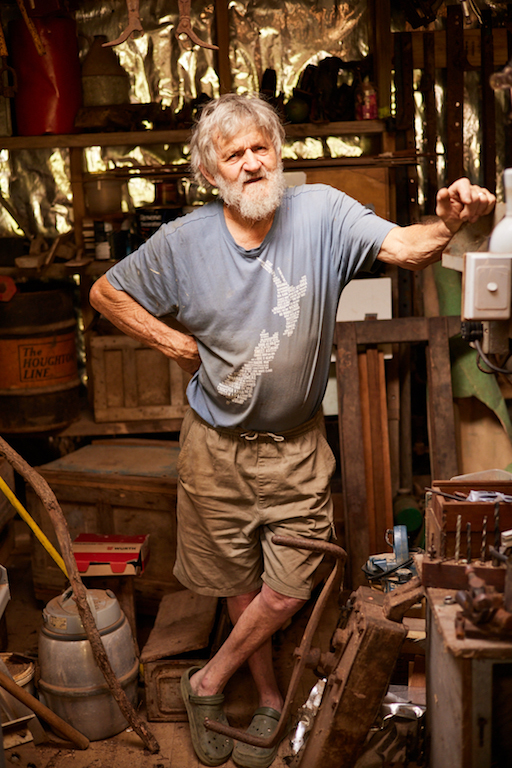
How do you see the influx of people moving here/visiting? How do we get them up to speed?
We need them. We need to level the population of New Zealand across the country, moving people out of cities and into rural areas and repopulate. I think we need 1,000 people here just to manage and eradicate pests.
We need to help turn people away from the consumer mentality and back to productive, contributing members of the island. We should share lands, have more common lands, people can’t afford it otherwise. We need to stop being so selfish and start sharing. The island has all the right ingredients of being a successful economy.
We need to re-educate people – visitors, new people, etc. They come looking for something and we can provide it.
What do you hope to see on Aotea over the next 5-10 years?
An import of intelligence; a higher echelon of education. Why aren’t people using the research bases available (speaking about Awana Navy research base) ? This is a joint venture, to get people out here on research projects. Right now we have a rise in ignorance, and we need to be looking at big issues, big problems, like “how are we going to solve climate change?” How are we going to achieve these things if we don’t start with education? Science is going to solve climate change, we need more science and research being done and Aotea is a great base.


How long have you lived on Aotea? 38 years
Are you originally from the island? If not, how did you end up here?
I first visited in 1967 when I was in the Navy, but we bought the property in 1982 and Anne and I moved here officially in 1984.
When and how did your zero / minimum waste journey begin?
As a lot of the longtime resident’s stories go, when we first moved here it was a necessity to live that way. Sourcing materials and starting from scratch required ingenuity, scoring secondhand treasures, and thinking outside the box.
But initially this way of life started for me when I was 5 or 6. After World War II it was very difficult in New Zealand. I built a house with my Dad out of recycled timber and my job was straightening nails. After that, I thought that nails came bent! I have continued building this way, from recycled materials, to this day.
Tell us about some of the things you do that help to reduce waste, resource consumption, and sustainable living.
80% of everything built on this property is made from recycled materials. I live by a “Zero Budget” rule. Meaning you start with no budget, except of course for the land purchase price. That way you start looking at alternatives and recycled materials. Anything is possible and you get to figure out how to do it, how to build it. Anamata is a great resource for this, a zero budget entity for projects. I would love to get more people onto the Zero Budget movement.
What motivates you about this lifestyle? Why is this important for you, your family and your home – specifically?
It’s hard work, but it’s good for you. I love building houses from recycled materials and the process of salvaging everything.
Food waste is a large contributor to our waste-cycle island and country-wide. What is your policy / best practice to minimise food waste?
We have virtually no food “waste”, actually virtually no waste in general. We find a second use for everything, or keep it until a use arises for us or someone else. (I can attest to that after seeing their property discovering that Ted could easily open up his own hardware store tomorrow.) We compost, collect seaweed, and buy in bulk when grocery shopping.
What are some of your best min waste / up-cycling tips?
Learn the skill. Knowledge is the best base, recycling ideas out of books. Never stop learning.
“If all else fails, read the manual…of life”
They say, an engineer learns more and more about everything until he knows everything about nothing. Never be afraid to admit you don’t know something. You don’t have to prove how clever you are.
What are you most excited for in regards to the future of min waste on the island?
I am looking forward to the day we can send food off on boats that they/we can afford to run ourselves. Hopefully a ferry with sail assist and electric propulsion! I am worried about all of this importing that we currently do, shouldn’t we be exporting again? I would also love to see a dairy pasteuriser back on island.
We need to look back 500 years, to the local iwi knowledge. Send the movement forward by looking back. We need to get real.


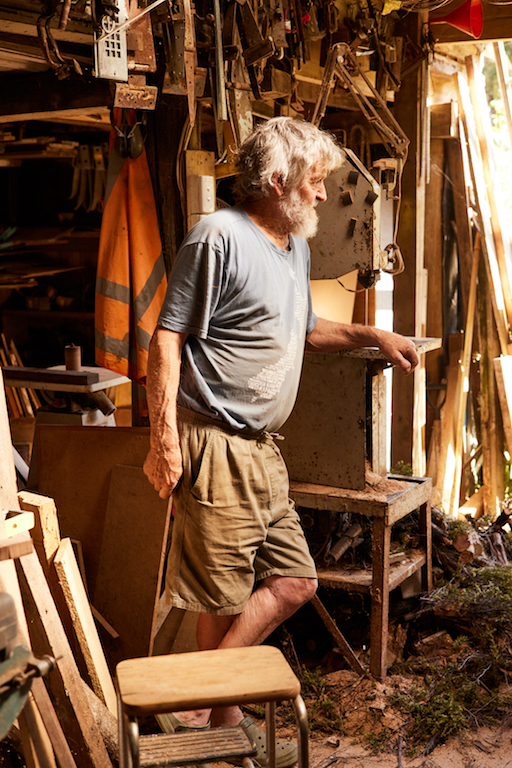

How do you see the influx of people moving here/visiting? How do we get them up to speed?
We need them. We need to level the population of New Zealand across the country, moving people out of cities and into rural areas and repopulate. I think we need 1,000 people here just to manage and eradicate pests.
We need to help turn people away from the consumer mentality and back to productive, contributing members of the island. We should share lands, have more common lands, people can’t afford it otherwise. We need to stop being so selfish and start sharing. The island has all the right ingredients of being a successful economy.
We need to re-educate people – visitors, new people, etc. They come looking for something and we can provide it.
What do you hope to see on Aotea over the next 5-10 years?
An import of intelligence; a higher echelon of education. Why aren’t people using the research bases available (speaking about Awana Navy research base) ? This is a joint venture, to get people out here on research projects. Right now we have a rise in ignorance, and we need to be looking at big issues, big problems, like “how are we going to solve climate change?” How are we going to achieve these things if we don’t start with education? Science is going to solve climate change, we need more science and research being done and Aotea is a great base.
Ted & Anne’s property boasts a fully stocked machine shed where they can make anything from recycled materials, a woodworking shop, a fully capable power system for all of their dwellings that they hope to upgrade to be able to charge EVs, landlines that are connected throughout the property to call from house to house, a car shop and probably anything else you can think of. This property and all it holds is truly one of a kind. We were so inspired by Ted & Anne’s kaupapa and hard mahi. Thank you for having us.

